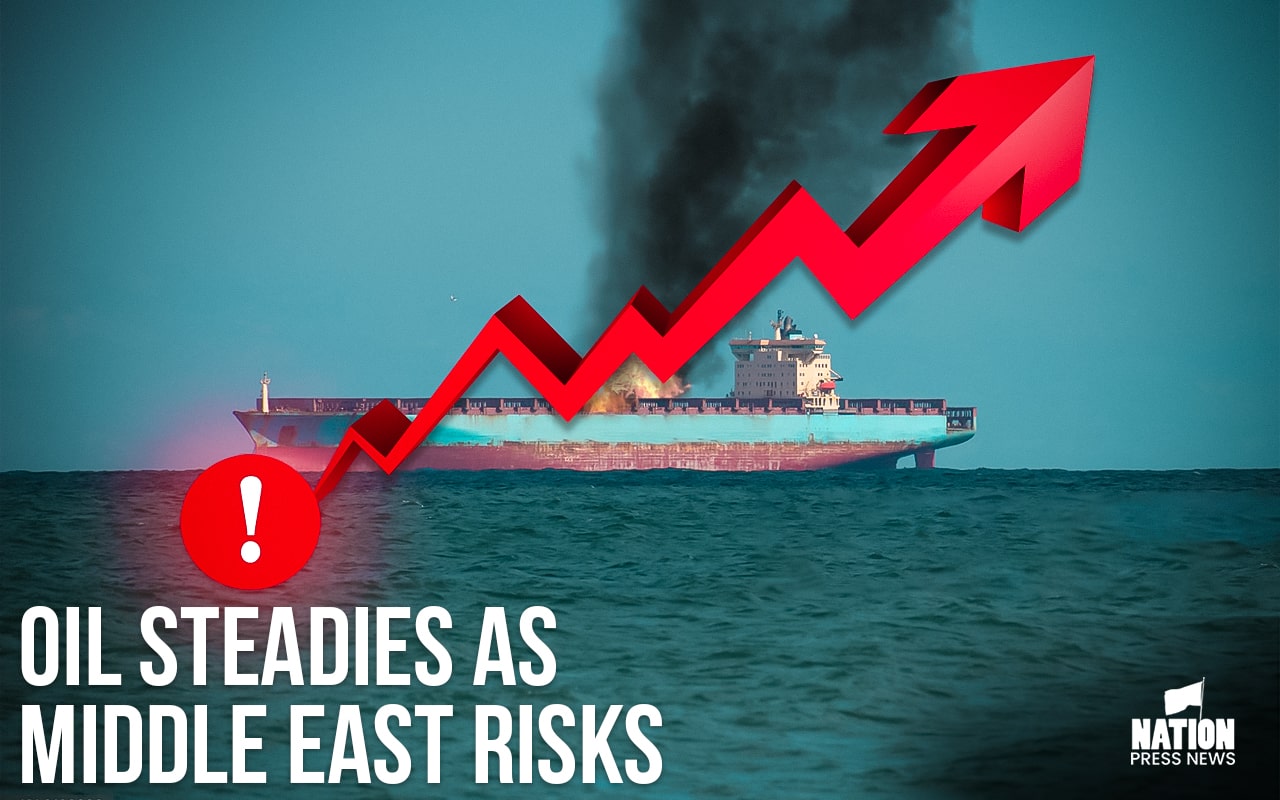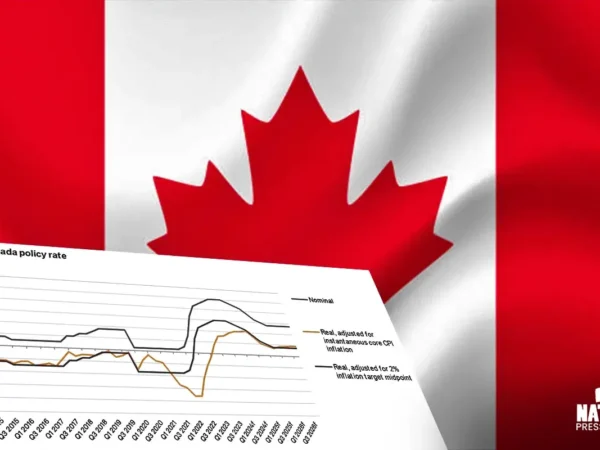Oil Steadies as Middle East Risks Vie With Soft Fundamentals
Soft fundamentals offset the concern that US and ally airstrikes against the Houthis will spark a Wider conflict and impede Middle Eastern crude flows, which kept oil steady.
After the US launched a new attack on a radar facility and downed a Houthi cruise missile on Sunday, it followed up its initial strikes against targets in Yemen with another attack. As a result, Brent crude traded below $79 per barrel and West Texas Intermediate was close to $73. The worldwide benchmark was up over 4% at one point on Friday, but it only gained 1.1% at the end of the session.
Since the October 7 attack on Israel by Hamas, the Middle East scenario has captured the attention of the world’s oil markets. The Houthis had been harassing ships in the Red Sea for the past few months, thus the bombings were a form of reprisal. The militants, whom Iran backs, have sworn that they won’t stop until Israel stops its attack on the Gaza Strip.
Based on the price response, the market appears to believe there is now little likelihood that the war will worsen and threaten crude production and flows from the larger Middle East, which supplies about one-third of the world’s oil. Rather, it appears that the likelihood of increased supply from non-OPEC nations and slower demand growth is more important. Due to a US holiday, trading volumes on Monday will probably be lower.
Oil supply is not currently being impacted by regional developments, according to Warren Patterson, ING Groep NV’s head of commodities strategy. “And despite increased tensions, the oil market remains comfortable over the first half of the year in the absence of supply disruptions.”
This year’s setup for crude looks difficult. Although demand is still increasing, it is anticipated to do so much more slowly as the post-pandemic upswing wears off. The Organization of the Petroleum Exporting Countries and its partners have promised production cuts, but it is unclear if these will be sufficient to counter the upcoming surplus.
Nevertheless, there is some disruption in the flow of crude as a result of the heightened tensions in the Middle East. On Friday, at least three owners of oil tankers, who together control over 350 ships, said that they were stopping their travels through the southern Red Sea. Following the Western military’s advice to avoid the area, more are probably going to do the same.
A warship delivering Russian oil had a narrow miss with a missile fired from Yemen, according to the UK navy. Additionally, fighter jets reportedly struck targets in a fresh attack on Sunday night, according to a Houthi-run TV channel. However, the US and UK forces have not yet confirmed this.
Goldman Sachs Group Inc. stated in a note that “the geopolitical risk premium priced in oil prices now appears modest as the Middle East conflict is currently not affecting oil production.” According to them, prices are likely to be range-bound since low recession risk and responsive OPEC+ supply restrict the downside and significant spare capacity limits the upside.







